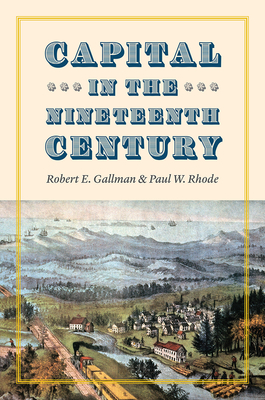Expedite your nonfiction book discovery process with Readara interviews, summaries and recommendations, Broaden your knowledge and gain insights from leading experts and scholars
In-depth, hour-long interviews with notable nonfiction authors, Gain new perspectives and ideas from the writer’s expertise and research, Valuable resource for readers and researchers
Optimize your book discovery process, Four-to eight-page summaries prepared by subject matter experts, Quickly review the book’s central messages and range of content
Books are handpicked covering a wide range of important categories and topics, Selected authors are subject experts, field professionals, or distinguished academics
Our editorial team includes books offering insights, unique views and researched-narratives in categories, Trade shows and book fairs, Book signings and in person author talks,Webinars and online events
Connect with editors and designers,Discover PR & marketing services providers, Source printers and related service providers

Capital in the Nineteenth Century
Business & Economics > Economic History
- University of Chicago Press
- Hardcover
- 9780226633114
- 9.1 X 6.1 X 1.2 inches
- 1.5 pounds
- Business & Economics > Economic History
- (Single Author) Asian American
- English
Readara.com
Book Description
Gallman measured American capital stock from a range of perspectives, viewing it as the accumulation of income saved and invested, and as an input into the production process. He used the level and change in the capital stock as proxy measures for long-run economic performance. Analyzing data in this way from the end of the US colonial period to the turn of the twentieth century, Gallman placed our knowledge of the long nineteenth century--the period during which the United States began to experience per capita income growth and became a global economic leader--on a strong empirical foundation. Gallman's research was painstaking and his analysis meticulous, but he did not publish the material backing to his findings in his lifetime. Here Paul W. Rhode completes this project, giving permanence to a great economist's insights and craftsmanship. Gallman's data speak to the role of capital in the economy, which lies at the heart of many of the most pressing issues today.
Author Bio
Economic historian Robert E. Gallman (1926-1998) joined the faculty of the University of North Carolina at Chapel Hill in 1962.
He was named a Kenan Professor in 1980 and served as chair of the Economics Department, 1990-1995.
He specialized in 19th-century economic growth and antebellum Southern economic history. Papers documenting the career of Robert E. Gallman include correspondence, research materials, notes, manuscripts, teaching materials, and other items.
Source: University of North Carolina at Chapel Hill and JSTOR
Videos
No Videos
Community reviews
No Community reviews

